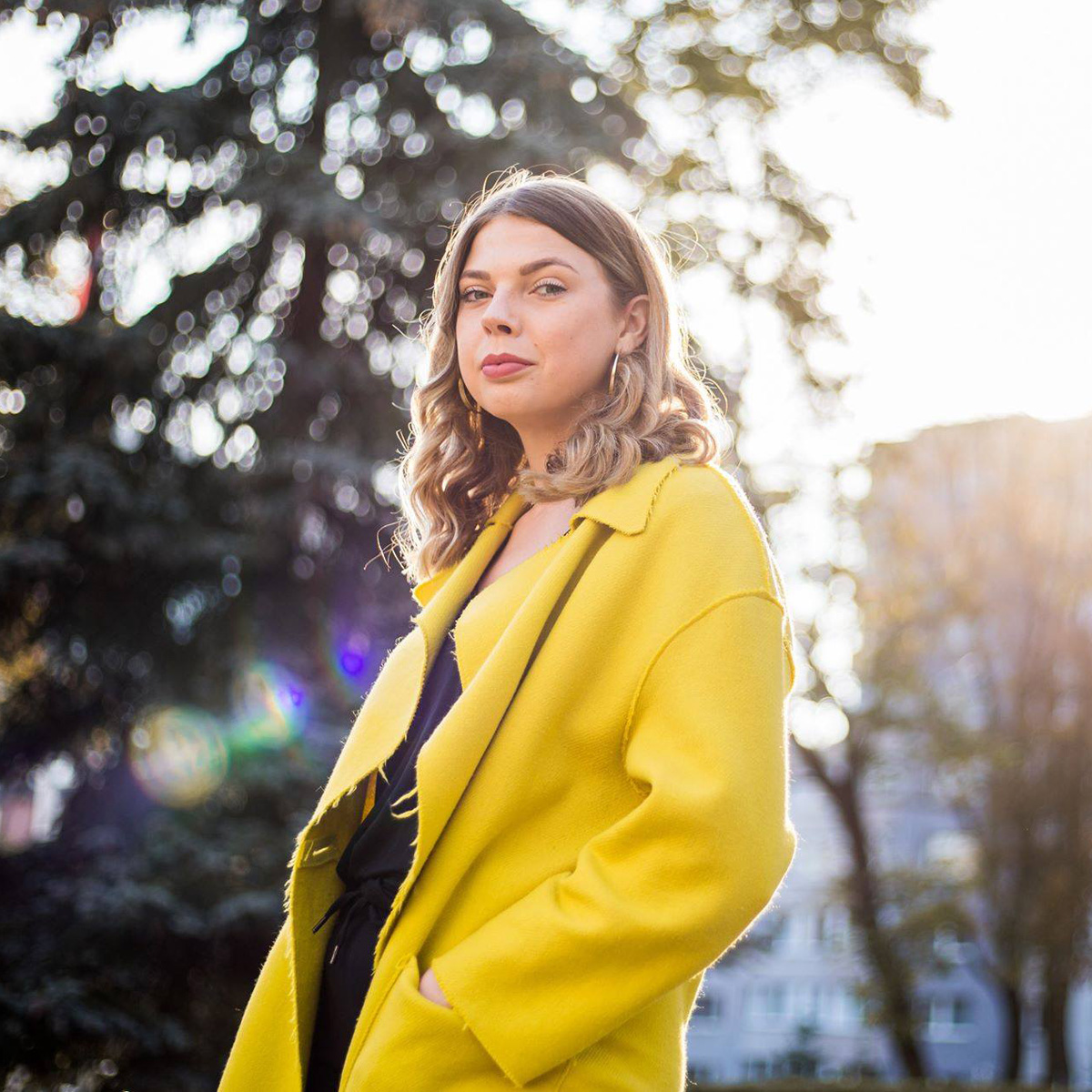LRT.lt Head of Digital Activities / Creative Communication
Why did you choose to study Creative Communication?
It was a very new programme at the time, and I was interested in the wide range of subjects taught. Up until the entrance exams, I was debating whether to study journalism or creative communication, but after the interview with the board during the entrance exam, everything fell into place and I realised that here I would have the freedom to create and realise my own ideas in a broader context than just the media.
How was your year of study? Tell us your most vivid memories from your studies.
All the years of study at the Faculty of Communication were very dynamic. The first ones laid the academic foundations and introduced the general theory and philosophy of communication, followed by many practical assignments and lectures that provided professional skills. Lecturers who are not only well versed in the theoretical level of the subjects taught, but also engaged in practical activities - Vytenis Pauliukaitis, Liutauras Elkimavičius, Daiva Lialytė and other professionals in their fields became authorities who shared specific success/failure stories and inspired us to take a broader view of many situations.
How has the knowledge acquired at the Faculty of Communication at Vilnius University helped you in your work?
The job I love in my life at LRT came about thanks to my studies. First, I joined the public broadcaster as a second-year student wanting to do an internship, and then I stayed on to work there. Every day at work, I encounter various situations where I have to pay attention to the importance of communication. My studies have made me realise that communication (both internal and external) is one of the most important elements of any project. Without consistent internal communication, it is impossible to work effectively in a team, and without targeted and well-designed external communication, no product will reach the intended audience.
Tell us what your working day looks like. What are the most important skills in your job?
Currently, I coordinate the work of LRT's social media team, take care of the webcasts and special projects of the news portal LRT.lt. Every working day is different and dynamic, and that's probably what gives me the most motivation and prevents me from getting bogged down in routine. Every morning, the team and I review the previous day's results on our social media accounts, make a plan and prepare new content. Also, as the LRT.lt portal continues to grow, the number of online projects and special broadcasts is increasing, and we have to take care of ordering filming equipment, inspecting locations, coordinating the signal transmission, and preparing the implementation of the projects on the portal in cooperation with programmers and designers. There is ongoing cooperation with colleagues from television and radio, with programme makers and producers. Due to the multitude of different projects, it is very important to be able to plan time, to react quickly, to have a cool head when dealing with crises and to know that there is no situation that cannot be solved by a cohesive and professional team.
What kind of people would you recommend a creative communication degree programme to?
I would recommend this study programme to people who feel the desire to create, to implement their ideas, who follow the public sphere, who are interested in music, culture, politics, technology, marketing news, because creative communication is an intertwining of all of these areas. Here you will not only get a solid academic foundation from Vilnius University, but also practical skills that you can apply to work in film, television, advertising agencies or many other fields that are too numerous to mention. It is also a study programme for those who have not yet discovered their field but feel that their drive, freedom and creativity will find a place in the market.
.

